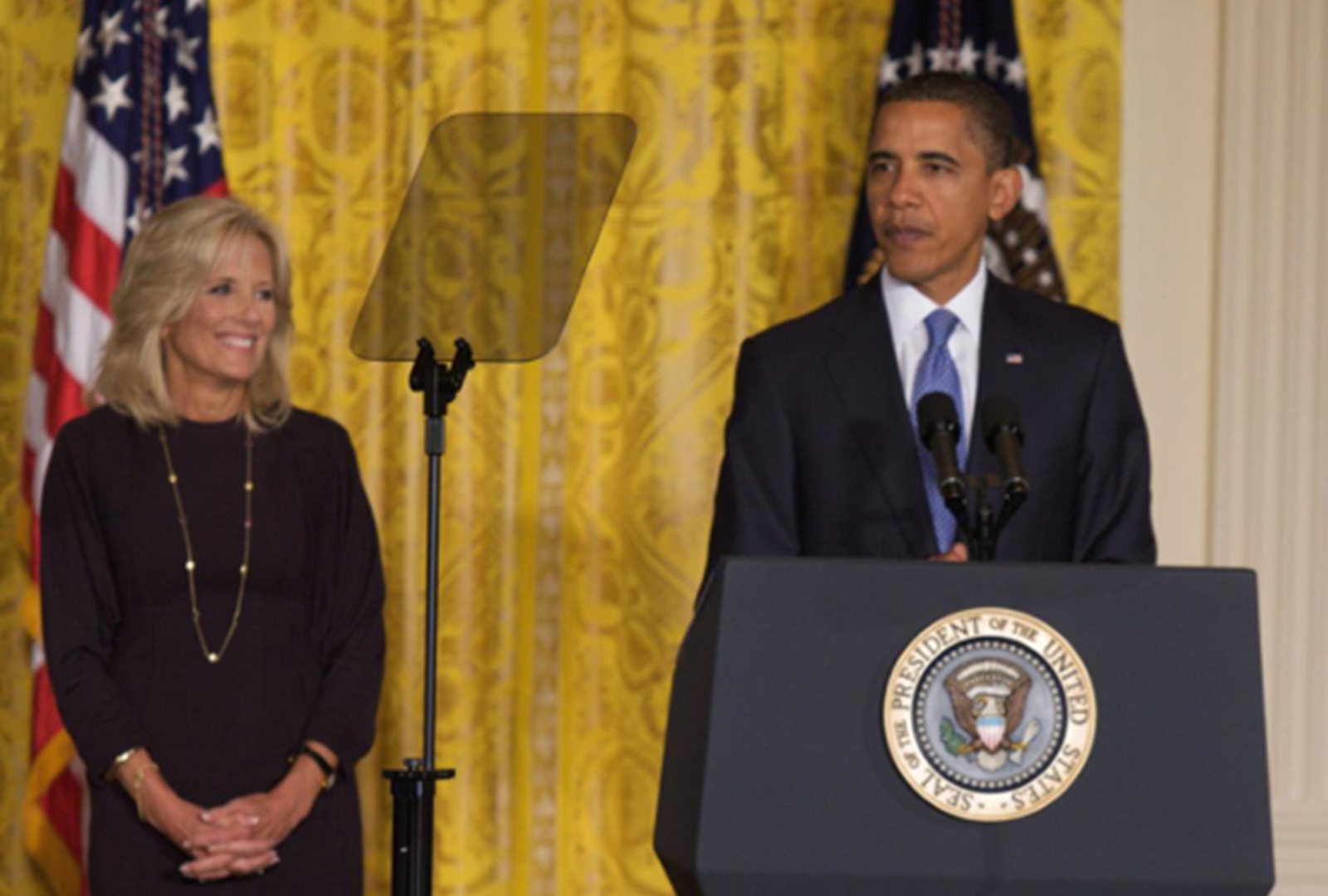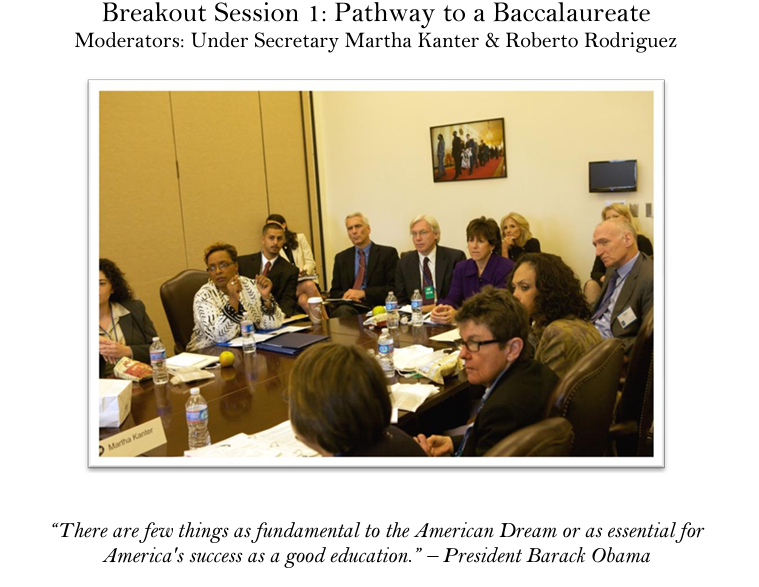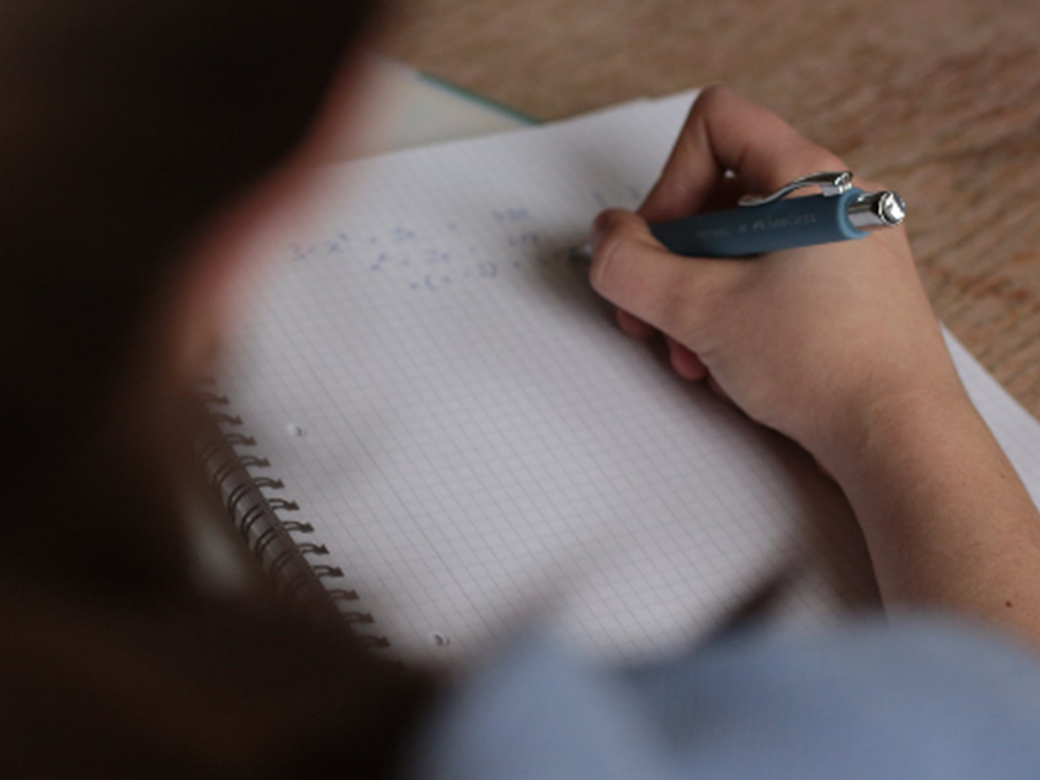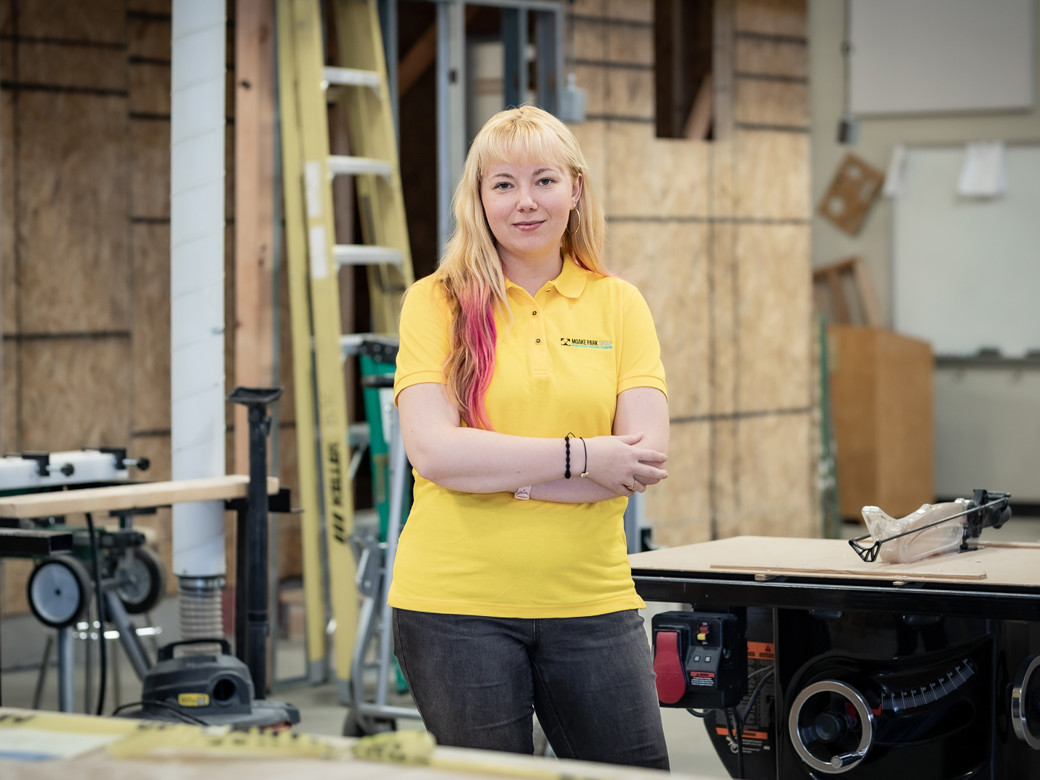As Ivy Tech Community College celebrates its 60th anniversary in 2023, Ivy Tech Indianapolis is looking back at significant moments of our past that have made our campus the most extensive and diverse campus in the entire Ivy Tech system. As we progress toward continued positive change, we must reflect on our past to understand where we’ve been and envision our future. So, here’s to the next 60 years of building more efficient pathways to higher education for our community!
In 2009, President Barack Obama first announced his goal of leading the world in college graduation rates, with more than five million students graduating from community colleges in America by 2020, in his very first speech to Congress.
At that time, 75% of the fastest-growing occupations required more than a high school diploma, but only half of American citizens had that level of education. In addition, we had one of the highest high school dropout rates of any industrialized nation, with at least half of the students who start college not graduating.
“This is a prescription for economic decline, because we know the countries that out-teach us today will out-compete us tomorrow,” President Obama stated in his address to Congress.
Obama appointed Dr. Jill Biden – the then-Second Lady and our current First Lady – to oversee the first-ever White House Summit on Community Colleges.
The pair went straight to work. In 2010, the White House announced the “Skills for America’s Future” initiative. A nationwide network designed to build partnerships between community colleges and major employers in all 50 states. The initiative aimed to maximize workforce development strategies, job training programs, and job placement.
Statistics gathered by the White House showed that community colleges were in a prime position to raise the bar on workforce training in the country overall.
At the time, community colleges, according to the College Bound Network, had a particular set of advantages over 4-year universities, including the fact that they provided the largest portion of higher education in the U.S.
Dr. Biden then chaired the inaugural White House Summit on Community Colleges in October 2010, bringing together leaders from community colleges, businesses, philanthropists, federal and state policymakers, and students.
The Summit played a significant role in giving community colleges the center stage they not only needed but deserved.
“This administration has put us in the spotlight like none other – I can’t overstate the importance of this,” J. Noah Brown, the 2010 president and chief executive officer of the Association of Community College Trustees, was quoted as saying in the Community College Review. “The rest is up to us. Shame on us if we don’t get something done after today.”
Coming out of the White House Summit, four community colleges nationwide were selected to host Regional Summits, including Ivy Tech Community College.
Following the U.S. Department of Education summits on community colleges at the Community College of Philadelphia and Lone Star Community College in Houston, it was Ivy Tech Indianapolis’ turn on March 23, 2011.
Each one-day event was tasked with hosting 150 participants across various sectors. Ivy Tech was the first to surpass that number, with more than 200 participants from 13 states. It was the largest of the Summits held up until that point. Although, there is no proof that the series's fourth and final summit at San Diego Community College District surpassed Ivy Tech’s numbers.
Following Ivy Tech Indy’s Regional Summit, then-Ivy Tech President Thomas J. Snyder stated he was “very pleased” with the turnout and “encouraged by the diverse dialogue and ideas.”
“We have a critical need for more college graduates, and collaboration with our workforce partners is key in helping meet that need. Indiana can’t grow without more Ivy Tech graduates, and Ivy Tech can’t grow without support from Indiana employers. Only by working together can we build a workforce that’s ready for the challenges we face not only here in Indiana but nationwide.”
Other attendees and participants of Ivy Tech’s Summit included Martha Kanter, Under Secretary of Education; Roberto Rodriquez, Special Assistant to President Barack Obama for Education and White House Domestic Policy Council; Indiana Governor Mitch Daniels; and the Senior Vice President for UPS, Teri McClure.
So, did we make Obama’s goal?
Unfortunately, no.
According to the Chronicle of Higher Education, the proportion of Americans with any postsecondary credential increased by 10% from 2008 to 2017 to nearly 48%. However, other countries still overtake the U.S. in postsecondary attainment among people 25 to 34. For example, degree completions in places like Korea and Ireland have risen at rates nearly double America’s.
Still, as journalist Eric Kelderman reports, “Obama’s call to improve completions lives on as a textbook example of the power of the bully pulpit.” At the time, the White House’s valiant effort elevated the fact that all adults would need some sort of postsecondary credential to succeed in the workplace and that college completion rates should be a concern for all Americans who care about our economy.
And with that, we remember a statement from the former president’s 2009 Congressional address, in which he said:
“It is our responsibility as lawmakers and educators to make this system work. But it is the responsibility of every citizen to participate in it.”
– President Barack Obama
About Ivy Tech Community College
Ivy Tech Community College is Indiana's largest public postsecondary institution and the nation's largest singly accredited statewide community college system, accredited by the Higher Learning Commission. Ivy Tech has campuses throughout Indiana and also serves thousands of students annually online. It serves as the state's engine of workforce development, offering associate degrees, long- and short-term certificate programs, industry certifications, and training that aligns with the needs of the community. The College provides a seamless transfer to other colleges and universities in Indiana, as well as out of state, for a more affordable route to a bachelor's degree.





